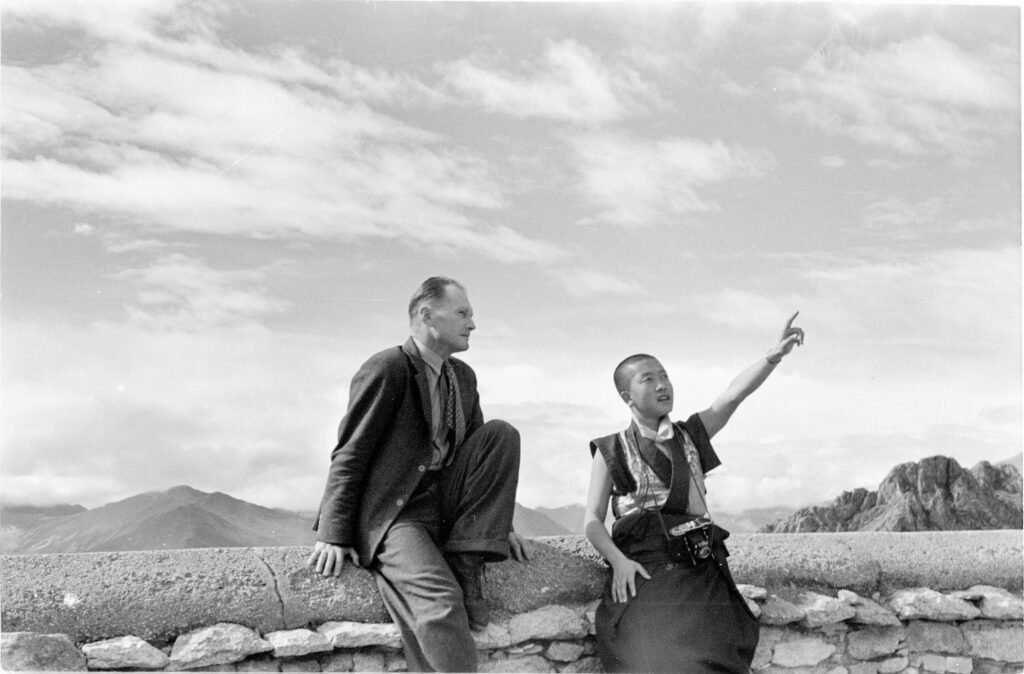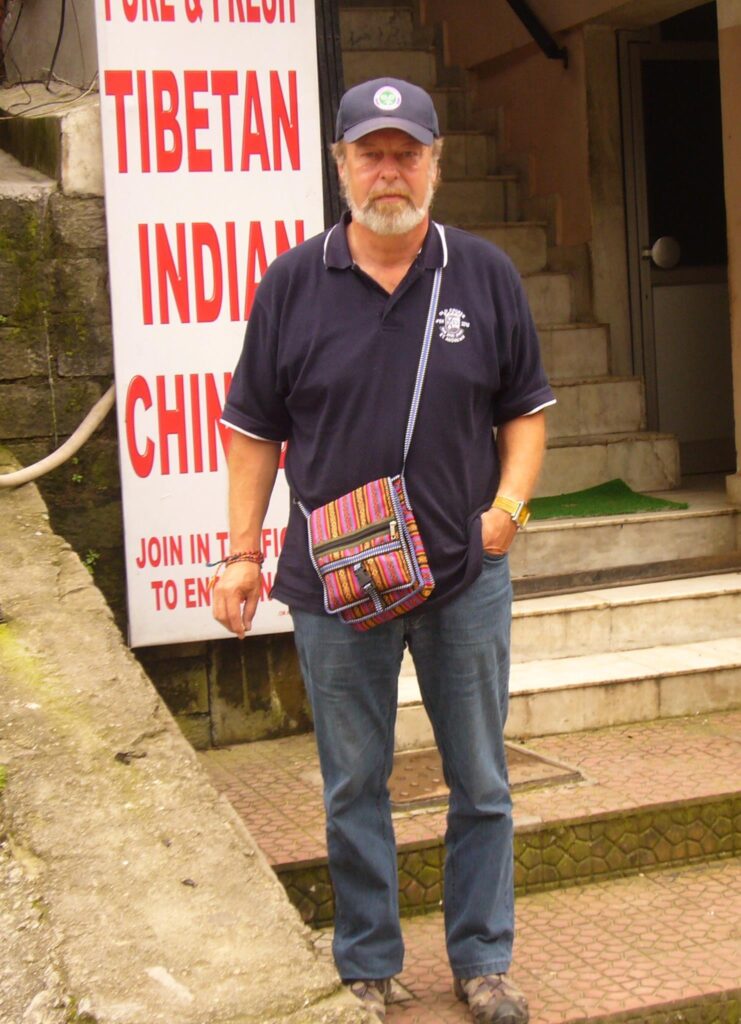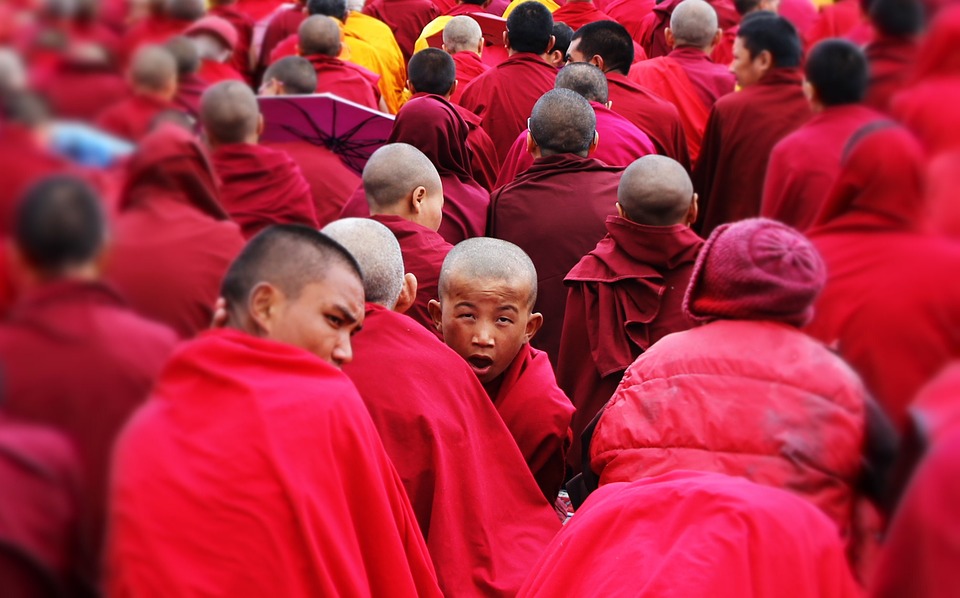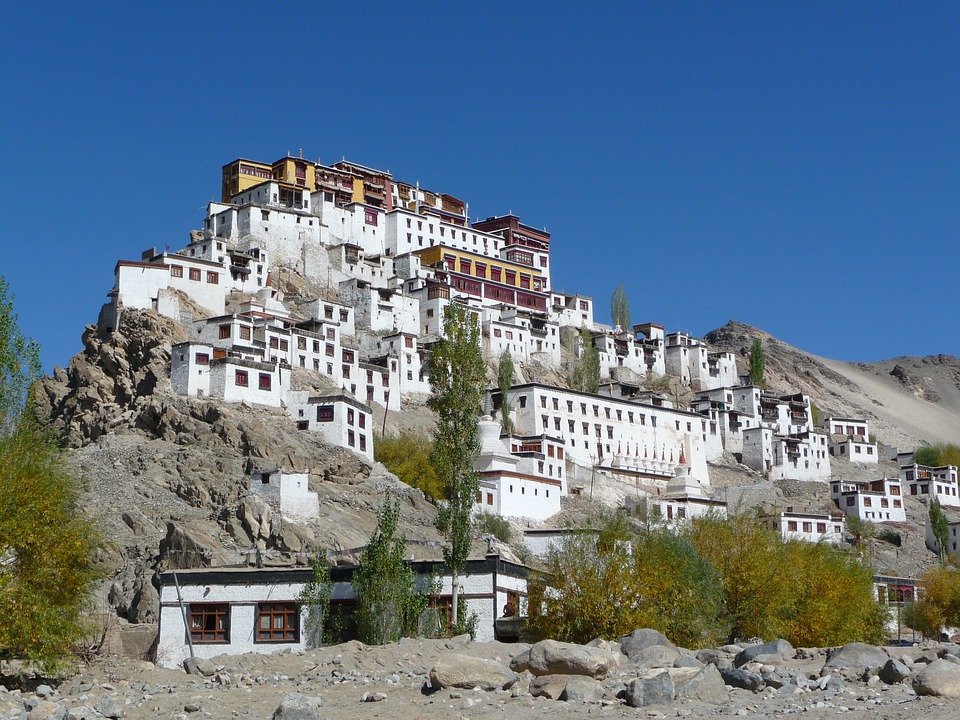
“Wherever I live, I shall feel homesick for Tibet. I often think I can still hear the cries of wild geese and cranes and the beating of their wings as they fly over Lhasa in the clear, cold moonlight. My heartfelt wish is that my story may create some understanding for a people whose will to live in peace and freedom has won so little sympathy from an indifferent world.”
Heinrich Harrer, Seven Years in Tibet
About 40 years ago, I was fortunate enough to meet Heinrich Harrer, the man who became famous with his book “Seven Years in Tibet”, but with this book drew worldwide attention to the fact that this beautiful country on the roof of the world was illegally occupied by China and is threatened by the extinction of a great culture.

Since that time, I have been able to give attention to the threatening situation with the activities of the Heinrich-Harrer-Museum in many events and actions between 1985 and 2009, but at the same time I have been able to inspire many people with the here unknown world of Tibetan Buddhism. In numerous trips to northern India, Dharamsala, Tso Pema, Spiti and Ladakh, the many participants were almost enthusiastically impressed by this great culture and religion, but especially by the hospitality of the Tibetans and the impressive spiritual culture.

The attitude of H.H. the Dalai Lama and many Tibetans towards the destructive aggressors in their homeland, the loss of this homeland for many Tibetans, that was a guide also for us Westerners on how to deal with the problems of human greed – not with violence and weapons, but with non-violence and the effort to protect this nature park in the centre of Asia as far as possible through mindfulness and consideration for nature and people – as a counterpoint to the exploitative behaviour of the Chinese occupiers.
During the visits to Dharamsala, Europeans learned how to prepare the great spiritual resources of humanity, in this case the culture of Tibet, for the whole world, even though the Tibetan community is far from home. They are refugees. The achievements of Tibetan medicine, for example, are a legacy for the world. With holistic medicine and the use of natural substances in pharmaceuticals, Tibetans succeed in treating and curing diseases for which there is still no help in the West.
Art and religion show forms of expression that immediately capture the European in a positive way, but also show him how to incorporate these positive behaviours into his own code of conduct and everyday life. And if it is only an effort to reduce the three spiritual poisons on a daily basis – greed, hatred and ignorance – then the visitors have been able to bring home something huge with them.
Tibet itself has become a enslaved country. Why did hundreds of thousands flee when the Chinese machinations are so wonderful for the country? Why are Chinese soldiers shooting at refugees when they have to leave the enslaved country to save their language, their culture, their religion for the future?

Fortunately, this culture and religion still exists in free form in the region of Spiti and Ladakh in northwestern India. To be able to know the forms of this culture, to be able to experience it, to be able to participate in it, is a gift from the people of Spiti and Ladakh to the world.
Here you learn as a Westerner to purify your life, to free you from violence, from hectic, from greed, from hatred and slowly, very slowly you come to the realization that there must be other life goals than the constant rush for more wealth, more possessions, more, more, more. You learn contentment and frugality, you learn care for your fellow human beings, for the environment, you learn compassion and mindfulness. You learn happiness again instead of doggedness.
For this I always have been grateful to the Tibetans, the people of Spiti and Ladakh and they are not only firmly anchored in my heart, but in the hearts of those many travel companions who were able to experience Spiti and Ladakh with me. It will remain unforgettable for us to hike in Ladakh on the ridge from village to village and meet dear people there, it will remain unforgettable for us to sit in front of H.H. the Dalai Lama or H.H. the Lochen Rinpoche in Kye Monastery and listen to his teachings.
And it will always be unforgettable for us to listen to the young people in the school of Agling nearby Leh, who cultivate their culture in such a wonderful way and thus prepare some beautiful hours for visitors from the West. Great! Tashi delek and Djuley!
